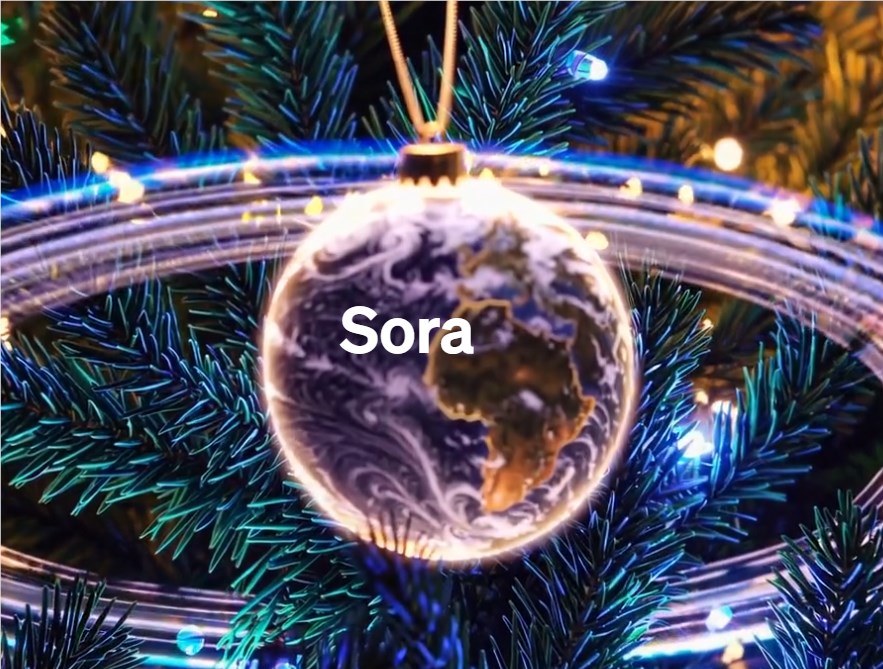OpenAI recently announced that it will not launch the API of its video generation model Sora. Sora’s ability to generate realistic videos with powerful text descriptions and image references has attracted much attention. However, the head of the OpenAI development team stated that there are currently no plans to launch an API. This decision was related to Sora's popularity. The number of user applications far exceeded expectations, causing OpenAI to suspend new user registrations and publicly apologize for this. This article will provide an in-depth analysis of the reasons behind OpenAI’s move and its impact on future development.
Recently, OpenAI revealed in a Q&A session that it currently has no plans to launch an API for its video generation model Sora. Sora, which can generate relatively realistic videos based on text descriptions or reference images, has attracted much attention. However, Romain Huet, head of the OpenAI development team, said that there are no plans to launch an API at this stage. He mentioned at the meeting: "We currently have no plans for Sora API."

The reason for this decision may have to do with capacity issues. After the launch of Sora, OpenAI found that the number of users applying to use its Sora-based video creation and editing tools was far higher than expected, so it had to temporarily suspend accepting new user applications for a short period of time. OpenAI CEO Sam Altman apologized on social platform Find a way to solve this problem!"
Although OpenAI has reinstated Sora's registration in recent days, the decision not to prioritize the launch of the API could put it at a disadvantage against arch-rival Google. Google launched the API of its video generation model Veo in December last year, and announced this week that its follow-up version of Veo, Veo2, will also launch the API in 2025, which has attracted widespread attention.
In addition, Amazon Cloud Service (AWS) also launched the API of its new video model Nova Reel. Many startups focused on generating videos also offer their own APIs, with one company, Runway, claiming that its API has been used by "the world's largest consumer technology companies" to reliably generate millions of videos.
Although Sora shows strong potential in the field of video generation, OpenAI is not currently ready to expand how it can be used. As competition intensifies and the demand for video generation tools continues to increase in the market, OpenAI's future strategy is worth paying attention to.
Highlights:
OpenAI stated that it has no plans to launch Sora API because demand far exceeds expectations.
Sora temporarily closed registration due to a surge in user applications, and the CEO apologized.
OpenAI is under pressure as competitors such as Google and AWS have launched video generation APIs.
OpenAI has postponed the launch of the Sora API, reflecting the difficulties it faces in dealing with technical challenges and market competition. Although Sora has demonstrated strong technical strength, it remains to be seen whether it can stay ahead of the competition in the future and effectively solve user access problems. This also has important reference significance for the development direction of the entire field of AI video generation.